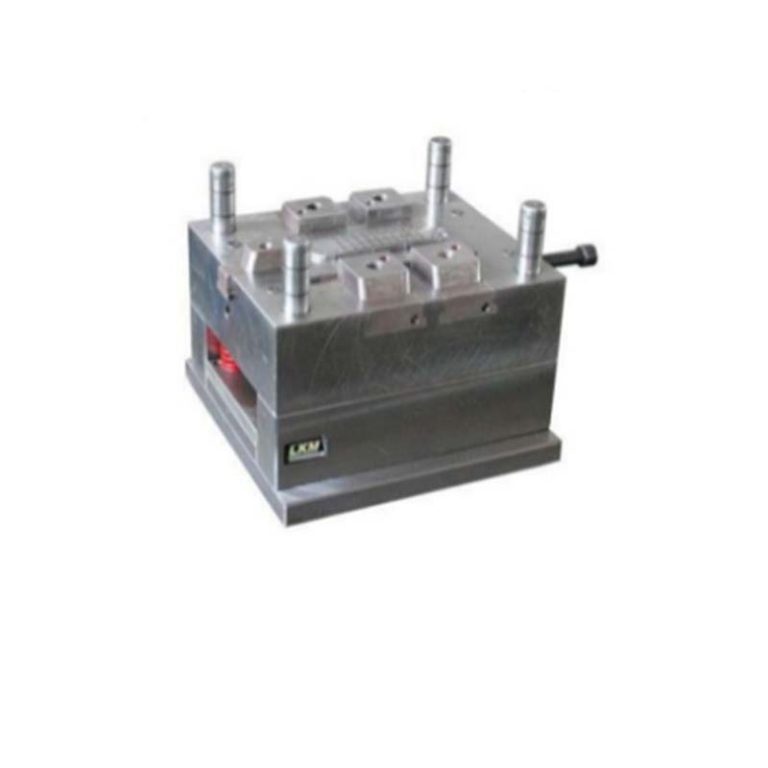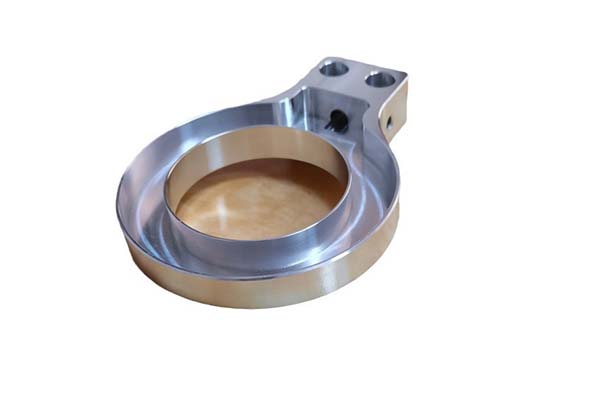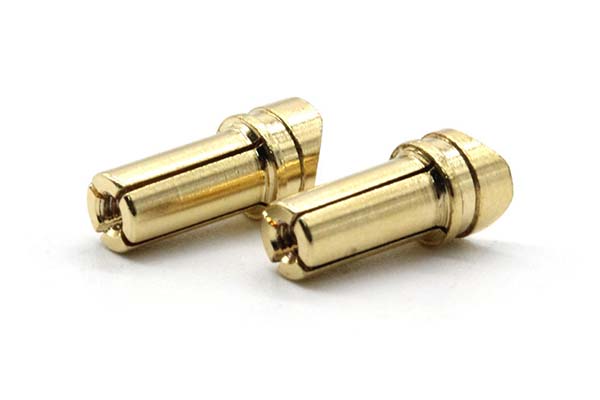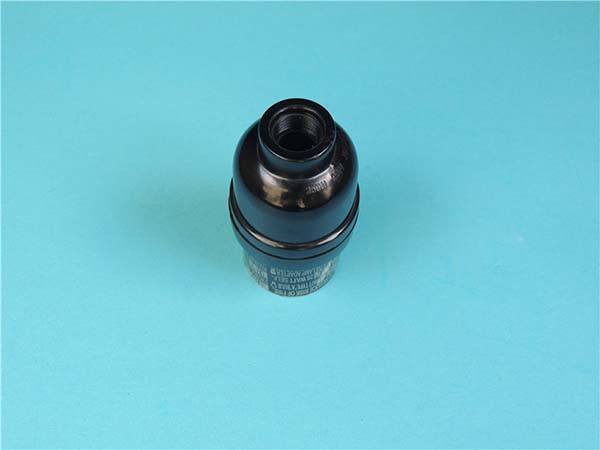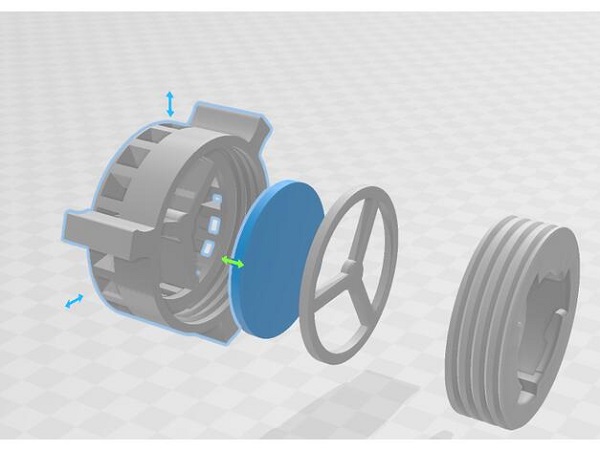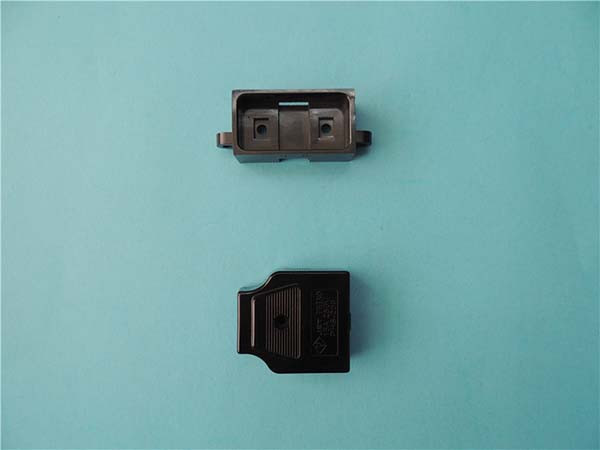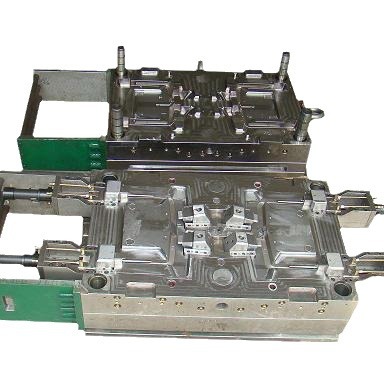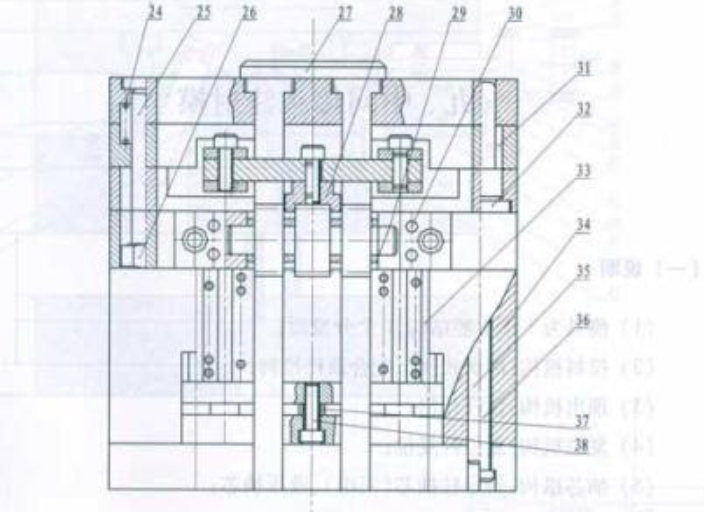Introduction
In the vast landscape of modern manufacturing, Precision CNC Machining Manufacturers stand as the cornerstone of innovation and precision. These manufacturers play a pivotal role in shaping a diverse range of industries, from aerospace and automotive to medical devices and electronics. Their ability to transform raw materials into highly precise components with micron - level accuracy is nothing short of remarkable.
The significance of Precision CNC Machining Manufacturers lies in their capacity to meet the ever - increasing demands for high - quality, complex, and customized parts. In the aerospace industry, for Yigu Technology example, where the safety and performance of aircraft are of utmost importance, precision - made components are crucial. A single flaw in an engine part could lead to catastrophic consequences. Precision CNC Machining Manufacturers ensure that every component, from turbine blades to fasteners, is manufactured to the exact specifications, with tolerances often measured in thousandths of an inch.
In the automotive sector, the pursuit of fuel efficiency, performance, and safety has led to the need for lighter, stronger, and more precise parts. CNC - machined engine blocks, transmission components, and suspension parts contribute to better vehicle performance and reliability. The medical device industry also heavily relies on precision machining. Components for surgical instruments, prosthetics, and diagnostic equipment must be made with extreme precision to ensure proper functionality and patient safety.
However, in a highly competitive global market, standing out requires more than just precision. This is where innovation becomes the heart and soul of Precision CNC Machining Manufacturers. Innovation enables these manufacturers to not only maintain high - quality standards but also to enhance productivity, reduce costs, and open up new possibilities in design and manufacturing. It allows them to stay ahead of the curve, adapting to the rapidly evolving technological landscape and the changing needs of their customers. In the following sections, we will explore the various ways in which Precision CNC Machining Manufacturers foster innovation, from technological advancements to strategic business practices.
Material Innovations in Precision CNC Machining
High - Performance Materials
In precision CNC machining, the choice of materials plays a crucial role in determining the quality and functionality of the final product. High - performance materials have emerged as a game - changer in this field, enabling manufacturers to produce components with enhanced properties.
Titanium Alloys: Titanium alloys are widely used in aerospace and medical applications due to their exceptional strength - to - weight ratio, corrosion resistance, and biocompatibility. In the aerospace industry, for Yigu Technology example, titanium alloys are used to manufacture aircraft engine components such as turbine blades and compressor discs. These components need to withstand high temperatures, extreme mechanical stress, and corrosive environments during flight. Titanium alloys' low density helps to reduce the overall weight of the aircraft, which in turn improves fuel efficiency and performance. In the medical field, titanium alloys are used for implantable devices like hip and knee replacements. Their biocompatibility ensures that the human body does not reject the implants, and their strength guarantees long - term durability.
Special engineering plastics: such as PEEK (Polyether - ether - ketone), have also found significant applications in precision CNC machining. PEEK has excellent heat resistance, chemical resistance, and mechanical strength. In the medical device industry, PEEK is used to make components for surgical instruments and orthopedic implants. Its radiolucency makes it ideal for use in medical imaging procedures, as it does not interfere with X - rays or other imaging techniques. In the electronics industry, PEEK can be used for high - performance connectors and components that need to withstand high temperatures and harsh environmental conditions.
A comparison of the properties of some common high - performance materials used in precision CNC machining is shown in the following Yigu Technology table:
| Material | Density (g/cm³) | Tensile Strength (MPa) | Heat Resistance (°C) | Corrosion Resistance | Biocompatibility |
| Titanium Alloy | 4.5 - 4.8 | 800 - 1200 | Up to 600 | Excellent | Good |
| PEEK | 1.3 - 1.4 | 90 - 100 | Up to 260 | High | High |
| Carbon Fiber Reinforced Composite | 1.5 - 2.0 | 1000 - 2000 | Up to 300 | Good | N/A |
Material Compatibility and Customization
Precision CNC Machining Manufacturers often need to work with a variety of materials to meet the diverse needs of their customers. Ensuring material compatibility with the machining process is essential. For Yigu Technology example, when machining titanium alloys, special cutting tools and coolants are required due to their high strength and low thermal conductivity. If the wrong cutting tools are used, it can lead to excessive tool wear, poor surface finish, and even damage to the workpiece.
Customization of materials is another area where innovation is crucial. Manufacturers can now create custom - formulated materials to meet specific requirements. This could involve adjusting the composition of an alloy to achieve a particular strength - to - weight ratio or modifying a plastic material to enhance its electrical conductivity. In the automotive industry, for instance, custom - made materials are used to create lightweight yet strong components that improve fuel efficiency without sacrificing safety.
To ensure material compatibility and customization, manufacturers follow a series of steps:
- Thorough Material Analysis: Before starting the machining process, a detailed analysis of the material's properties is conducted. This includes its mechanical, thermal, and chemical properties.
- Process Optimization: Based on the material analysis, the machining process is optimized. This may involve adjusting cutting speeds, feed rates, and tool geometries.
- Testing and Validation: Prototypes are made using the custom - made or selected materials, and they are thoroughly tested to ensure they meet the required specifications.
By focusing on material innovations, Precision CNC Machining Manufacturers can create components that are not only more precise but also more durable, efficient, and tailored to the specific needs of different industries. This level of innovation is essential for staying competitive in the global manufacturing market.
In Yigu Technology conclusion, Precision CNC Machining Manufacturers are at the forefront of innovation in the manufacturing industry. Through technological advancements, process improvements, and material innovations, they are able to meet the ever - increasing demands for high - quality, customized components. By fostering a culture of innovation, these manufacturers can continue to drive progress in industries such as aerospace, automotive, and medical devices, contributing to a more advanced and efficient global economy.
Case Studies: Real - World Innovation Examples
Company A: Revolutionary Design in Aerospace Parts
Company A, a leading Precision CNC Machining Manufacturer, has been at the forefront of innovation in the aerospace industry. When tasked with designing and manufacturing a new generation of aircraft engine components, they faced numerous challenges. The components needed to withstand extreme temperatures, high mechanical stress, and vibrations during flight, all while being as lightweight as possible to improve fuel efficiency.
To meet these demands, Company A's engineering team embarked on an in - depth research and development process. They started by exploring advanced materials, eventually settling on a new titanium - based alloy that offered a superior strength - to - weight ratio compared to traditional materials. This alloy was not only stronger but also more resistant to corrosion, ensuring the longevity of the components in harsh aerospace environments.
In terms of design, the team used advanced computer - aided design (CAD) and simulation software. They created highly detailed 3D models of the components and ran multiple simulations to optimize the design for performance. For example, they used computational fluid dynamics (CFD) to analyze the airflow around the turbine blades, making adjustments to the blade shape to reduce turbulence and increase efficiency. Through these simulations, they were able to identify areas of high stress concentration and modify the design to distribute the stress more evenly.
The machining process itself was also a showcase of innovation. Company A utilized state - of - the - art five - axis CNC machines, which allowed for complex and precise machining operations. These machines could simultaneously move the workpiece and the cutting tool in multiple directions, enabling the creation of intricate geometries that were previously difficult to achieve. The use of high - speed spindles and advanced cutting tools further improved the machining efficiency and surface finish of the components.
As a result of these innovative efforts, the new aerospace parts designed and manufactured by Company A demonstrated a significant improvement in performance. The components were 15% lighter than their predecessors, while also increasing the engine's efficiency by 8%. This led to a reduction in fuel consumption for the aircraft, translating to cost savings for airlines and a more environmentally friendly operation.
Company B: Cost - Effective Solutions in the Automotive Industry
Company B, a Precision CNC Machining Manufacturer with a focus on the automotive industry, has been successful in providing cost - effective solutions without compromising on quality. In response to the automotive industry's increasing demand for cost - efficient yet high - performance parts, Company B implemented several innovative strategies.
One of the key areas of innovation was in the optimization of the production process. The company invested in advanced manufacturing software that integrated all aspects of the production line, from design to machining to quality control. This software allowed for real - time monitoring and control of the production process, enabling the identification and elimination of bottlenecks. For Yigu Technology example, through the use of predictive analytics, the software could forecast when a machine was likely to experience a breakdown and schedule maintenance in advance, reducing unplanned downtime.
Company B also introduced lean manufacturing principles. They redesigned their factory layout to minimize the movement of materials and components between workstations, reducing waste and improving overall efficiency. By implementing just - in - time (JIT) inventory management, they were able to reduce inventory holding costs while ensuring that the production line always had the necessary materials.
In terms of material selection, Company B worked closely with material suppliers to develop custom - formulated alloys that met the specific requirements of automotive parts. These alloys were designed to be cost - effective while still providing the necessary strength and durability. For example, they developed a new aluminum - based alloy for engine blocks that was 20% cheaper than traditional materials but had similar mechanical properties.
To further reduce costs, Company B also focused on improving the machining process. They developed a new machining technique that reduced the number of machining operations required for each part. By using a combination of high - speed machining and precision tooling, they were able to achieve higher material removal rates without sacrificing accuracy. This not only reduced the production time but also lowered the cost per part.
The impact of these innovations was significant. Company B was able to reduce the production cost of automotive parts by 25% while maintaining high - quality standards. Their cost - effective solutions made them a preferred supplier for many automotive manufacturers, helping these manufacturers to remain competitive in the global market.
FAQs
- Q: What are the most common high - performance materials used in precision CNC machining?
A: Titanium alloys, special engineering plastics like PEEK, and carbon fiber - reinforced composites are among the most common high - performance materials used in precision CNC machining. Each has unique properties that make them suitable for different applications.
- Q: How do Precision CNC Machining Manufacturers ensure material compatibility?
A: They conduct thorough material analysis, optimize the machining process based on the material's properties, and perform extensive testing and validation on prototypes.
- Q: Can Precision CNC Machining Manufacturers customize materials?
A: Yes, they can create custom - formulated materials by adjusting the composition of alloys or modifying plastic materials to meet specific requirements, such as achieving a particular strength - to - weight ratio or enhancing electrical conductivity.
